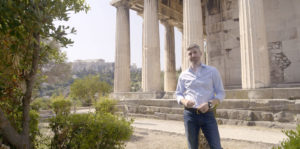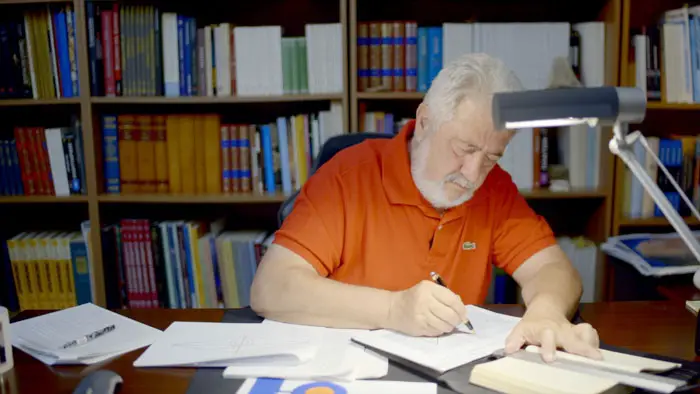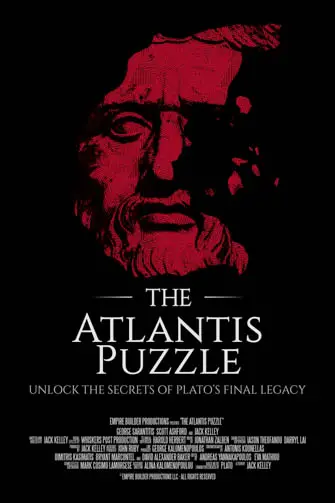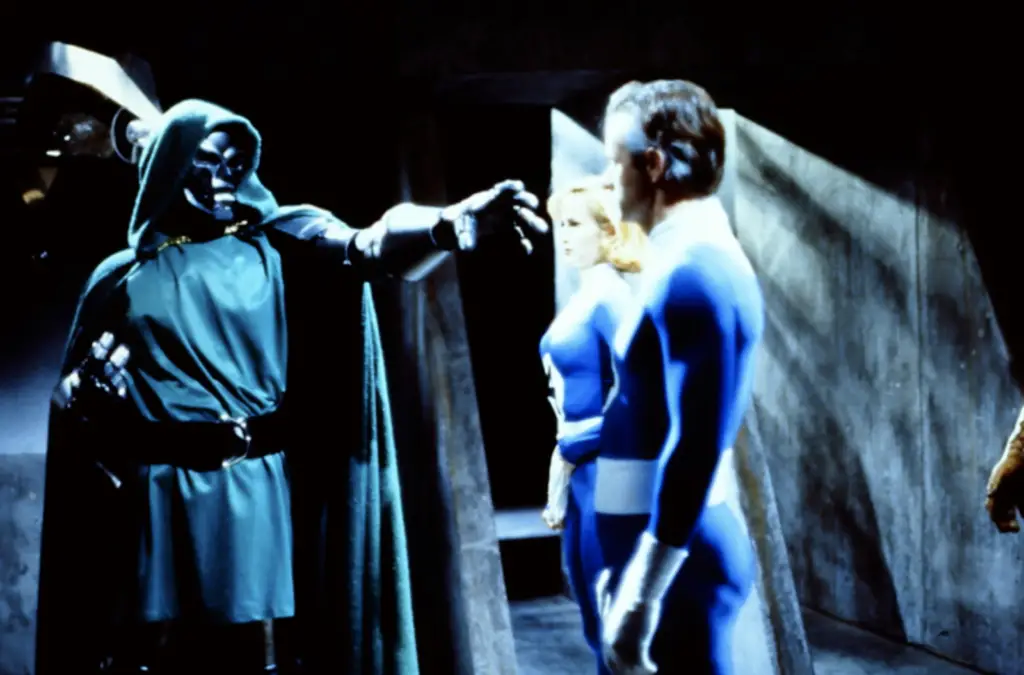
The Atlantis Puzzle, written and directed by Jack Kelley, might seem like some Ancient Aliens drivel at a glance. However, unlike that widely mocked show or the countless movies that “prove” Bigfoot is real, the filmmaker relies on historical facts, the original Plato text that tells of Atlantis, and geography to get to the heart of the matter. Interestingly, said heart is not to prove where or when Atlantis sank but that it did not sink into the ocean. How convincing is the argument made?
Electrical engineer George Sarantitis is an avid student of ancient Greece. In looking over Plato’s Critias, which is the text that contains the myth of Atlantis, the man discovered several translation errors, such as “ocean” versus “sea” or “this here” versus “that there.” So he has spent years retranslating the text with help and claims to have figured out where Atlantis was and that while it was wiped away, it did not sink to the bottom of the ocean.
Kelley meticulously chronicles Sarantitis’s claims through interviews, taking the audience on a journey of discovery. His thorough approach, including global travels and an in-depth exploration of Plato’s life, is a testament to his dedication. The filmmaker examines known geographical facts (crocodiles live in a desert with no nearby water source?) all to try and verify what Sarantitis says. But just before this becomes a simple puff piece, Kelley scrutinizes Critias for all the things that are not possible, then or now.

“…not to prove where or when Atlantis sank but that it did not sink into the ocean.”
It is Kelley’s unwavering dedication to debunking that gives credence to so much of The Atlantis Puzzle. By openly acknowledging the embellished or simply made-up parts, the elements grounded in history are much easier to swallow, leaving the audience reassured and confident in the credibility of the other claims. It also helps that several indisputable facts also lend themselves to claims made by Sarantitis, such as a 40-kilometer city ruin in western Africa. Aside from Sarantitis, the director talks to a semiologist to better understand the numerous after-effects of earthquakes.
Veracity aside, how is the documentary as a motion picture? Kelley, with his expertise in the field, has helmed a very polished and expertly crafted experience. The interviews are interspersed nicely, and the use of a regional map greatly helps all watching understand the areas discussed throughout the 85-minute runtime. The interjection of text to emphasize this claim or that part works nicely, showcasing Kelley’s directorial skills and attention to detail. This expertise instills confidence in the audience about the quality of the finished project.
The Atlantis Puzzle is not just a documentary, it is an engaging journey that offers more facts and historical precedent than the title might imply. Kelley is a fun host whose natural curiosity rubs off on viewers, making the exploration of ancient mysteries a thrilling and exciting experience. Sarantitis comes across as very passionate and intelligent. The film is well-directed and maintains a nice pace. Most importantly, the movie backs up just about every claim via historical facts or known geographical anomalies. All in all, this is an expertly made documentary that will please history buffs and cinephiles equally.
For more information, visit the official The Atlantis Puzzle site.

"…well-directed and maintains a nice pace."


